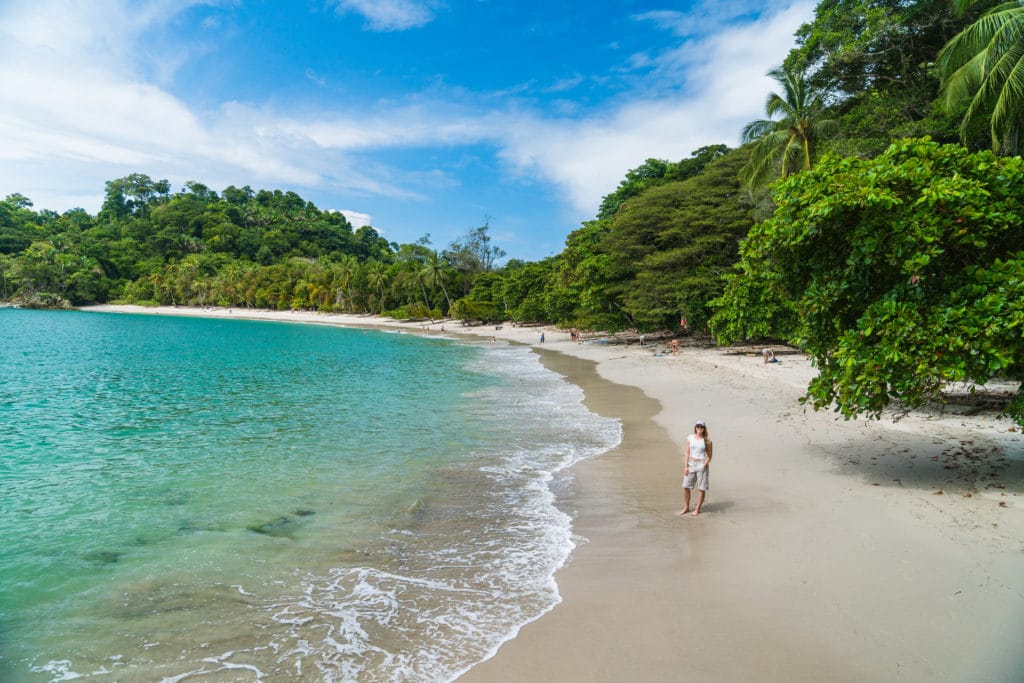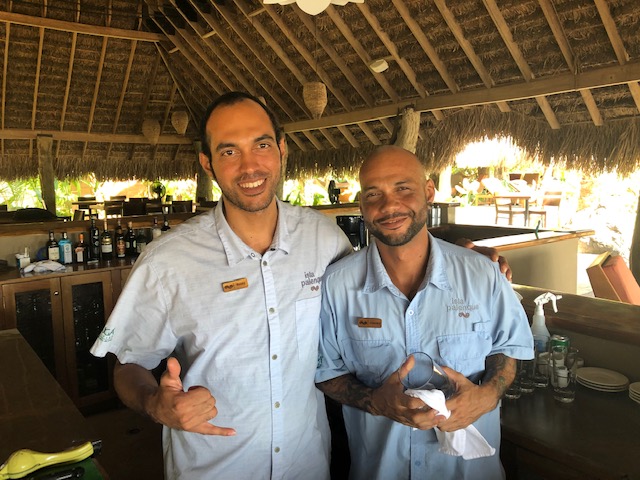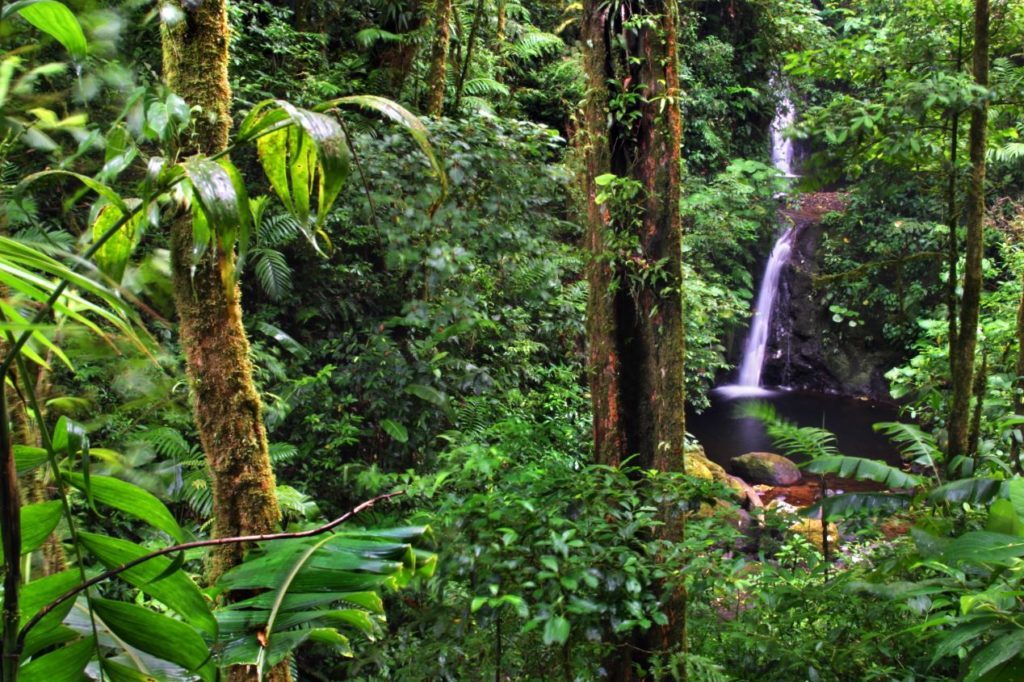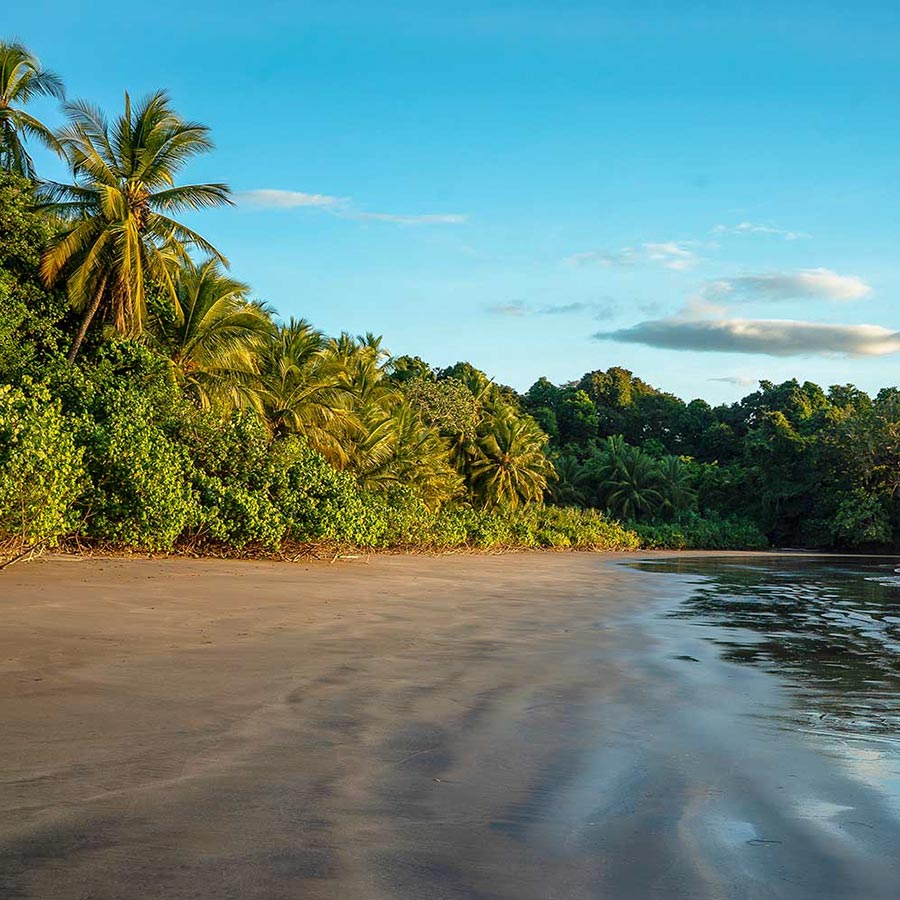Will “flygskam” (“flight shame” in Swedish) be the buzzword of this year’s summer holiday? Forbes Magazine recently posed the question and it’s got us thinking.
It might be too early to tell, but the concept of flygskam isn’t at all too far from reality. Inspired by Gretha Thunberg and the Fridays for Future movement, many Europeans are indeed rethinking their travel habits and there’s growing social pressure on them to shun the most polluting means of transportation – air travel. While it was once cool to be a jet-setting globe trotter, the trend seems to be shifting to traveling locally, traveling slowly (by train for example), and in general, traveling less.
This movement in mindset creates an interesting dilemma for tourism operations around the world, including our own at the Cayuga Collection. On the one hand, at Cayuga we are committed to being world leaders in sustainable luxury hospitality, but on the other, our business model depends on guests flying to far-flung corners of Costa Rica, Nicaragua and Panama from their distant shores in North America and Europe. And that implies the creation of CO2 through jet fuel.

We support the initiatives of Fridays for Future and are very happy to see that there is a growing awareness around environmental issues in many western societies. However, we don’t see the idea of “sustainable travel” as so black and white. While there’s no doubting that the aviation industry produces a significant carbon footprint (between 2-5% of all human-induced CO2 emissions worldwide), there are also plenty of evidence-based arguments for tourism done intelligently.
Tourism “done right” – by which we mean hand-in-hand with the local population, with a small operational footprint and a significant positive impact on the surrounding communities and nature – has proved itself able to create huge net benefits through what we like to call “handprints”. And they go far in offsetting many of the negatives of air travel CO2 emissions.
In our case, these handprints include the conservation of endangered, carbon-absorbing rainforests in Central America funded through tourism income, as well as providing many hundreds of families with a meaningful livelihood in a part of the world which heavily depends on tourism exports. And the Cayuga Collection isn’t alone in providing essential jobs; according to the World Travel & Tourism Council, one in ten jobs worldwide are supported by the tourism industry. And that’s not insignificant.

At a recent gathering of Unique Lodge members from around the world at the National Geographic Headquarters in Washington DC, the topic of “flight shame” was an agenda point brought up by Nat Geo’s CEO, Gary Knell. But very fast it became clear that in many places around the world –especially in Africa, international tourism is the sole reason that the amazing wildlife has been preserved and allowed to flourish up to this date. Imagine what would happen to the Big Five without the fees paid by international tourists to visit – and subsequently, maintain – the private game and wilderness reserves that these animals call home?
And the same is true for Costa Rica, Nicaragua and Panama, where we operate our hotels. Almost 30% of Costa Rica’s territory is protected land and the main attraction for travelers is to explore the incomparable biodiversity of the country’s flora and fauna. But without international tourism income which contributes 7% of Costa Rica’s GDP, those forests would most likely become an easy target for deforestation and massive agricultural projects.

And then there would be the economic and social impacts on developing countries around the world should such an important source of income dry up. It would most likely lead to increased political instability and immigration.
We experience the power of travelers from across the globe connecting with our local culture on a daily basis. And the impact this interaction has on people is undeniably a positive one. In a world where there is an increasing focus on fencing oneself off from those different from us, the positive effects of international travel should not be underestimated.
Being Responsible
If you decide to continue using airplanes to travel around the world, what can you do to have a lesser impact and still act responsibly in terms of climate change? Here are our top three recommendations.
Examine your lifestyle as a whole. Flying is one element of the equation. How are you doing in other areas? Become mindful of your daily decisions and surroundings, and don’t take things for granted. How is the insulation of your house, and what impact does it have on heating and air-conditioning? How are you doing on ground transportation? How about taking a bus or riding your bike from time to time? When you buy a shirt for $4.99 and a pound of ground beef for $2.29, take a step back and analyze if this product is environmentally and socially sustainable.
Get involved. Participate in environmental initiatives in your community and maybe even take the lead on a few. Encourage local governments to implement green policies. Talk to elected officials about climate change and what their plans are in the future. Talk to industry representatives (i.e. airlines) to make sure that become more efficient and environmentally conscious and take care of their environmental costs.
Make it count! If you get on a plane and know you’ll be creating CO2 emissions, own it and make sure that your “handprint” is bigger than your footprint. Connect with other cultures. Share. Create an environment of openness and cooperation. Learn something new. Maybe even plant a tree or two. Be conscious about your consumer decisions and make your best effort to have a low impact on the environment. Encourage friends and family to do the same.

In an ideal world, the airline industry should be offsetting their emissions or creating innovations that would allow us to fly without the use of fossil fuels. But in the meantime, we’ll have to do it ourselves. Here in Costa Rica at https://monteverdefund.org/offset-your-footprint.html.
We would love to hear your thoughts on this. How do you handle this dilemma? Do you have any solutions? Drop us a note to hans@cayugaonline.com or share your comments on this post.


2 Responses
Excellent article!
You may want to write your suggestions in bullet style and publish in many social media!
I really like the “make sure your handprint is bigger then your footprint”! 👍
Thanks, Hans. I now don’t feel as guilty flying and will look into carbon offsets. Any chance you could provide an additional discount to those of us who live in communities who have signed onto the “Green New Deal?” Just a thought.